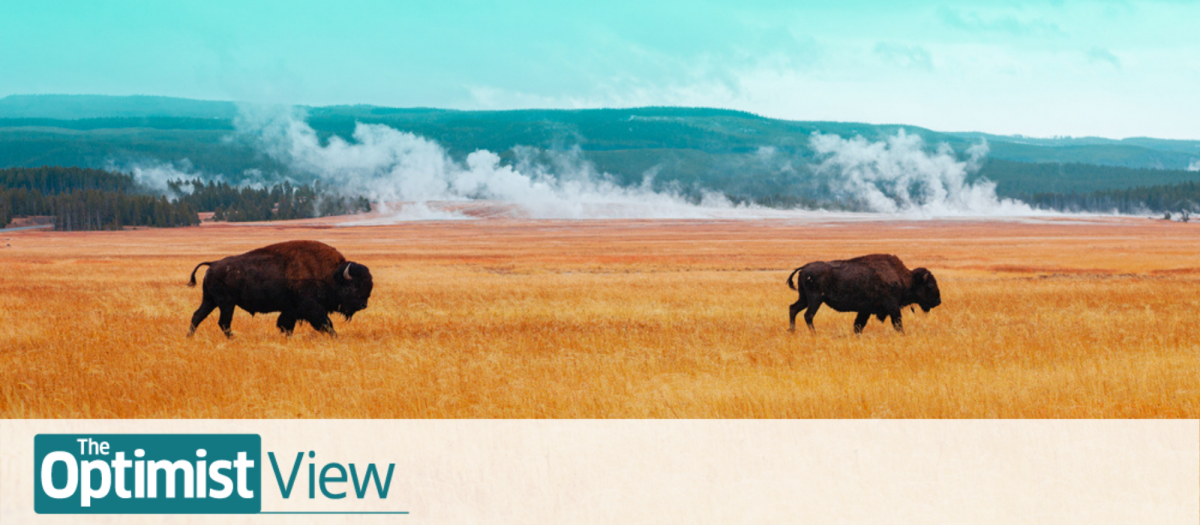Search

Although bees and other pollinators are essential for propagating more than 75 percent of food crops, there is still not enough awareness about the extinction risk that these insects are currently facing as a result of human activities. In a bid to bring this urgent issue under the spotlight, on Read More...

Human innovation has driven our civilizations forward, but oftentimes at the detriment of other species. For instance, conventional lights and street lamps allow people to work and navigate at night, but they can confuse nocturnal life and attract pollinators, killing them in the process. Tobias Read More...

The Galápagos Islands, located in the Pacific Ocean off the coast of Ecuador, are one of the world’s biodiversity hotspots, but deforestation, loss of plants and animals, and invasive species have taken a toll on the region. Fortunately, a new conservation initiative spearheaded by Leonardo Read More...

Good news from our planet’s reforestation endeavor! A new study has found that a forest area the size of France has regrown naturally across the world since 2000. As reported by the BBC, the restored forests have the potential to sequester the equivalent of 5.9 Gt of carbon dioxide — more than Read More...

European bison populations are rebounding and their growth is offering new opportunities in the field of wildfire prevention. Researchers in Spain are hopeful that increased bison populations could offer beneficial grazing and wildfire risk reduction. As reported by the Guardian, forest fires Read More...

Wild wolves used to roam freely across most of the United States, but when these wolves were hunted to extinction in areas like Montana and Wyoming, ecosystems quickly fell out of balance. Without natural predators, elk populations soared, eating away at trees and grasses, eliminating building Read More...

Every year, billions of trees are cut down to supply a growing demand for wood products. Most of the logging, however, is unsustainable and negatively impacts biodiversity, land rights, and livelihoods. This process also compromises forests' potential to tackle climate change. We’ve previously Read More...

Conservation charity Plantlife is urging gardeners in the UK to “do nothing for nature” this month as part of their No Mow May campaign. This campaign is designed to let wildflowers grow unrestrained in people’s yards, to provide more food for pollinators. Plantlife has even approached Read More...

The Energy Garden is a London-based organization that is tackling climate change in a multi-dimensional way that educates and brings London’s communities together through gardening. Since its inception 10 years ago, the Energy Garden has expanded to include 34 solar-powered gardens and more Read More...

The natural world thrives when allowed to maintain the delicate balance of its ecosystems, but human activity has thrown nature off balance and we are now facing the consequences. In the past 50 years, approximately two-thirds of the world’s wildlife has been lost, and around 40 percent of plant Read More...
